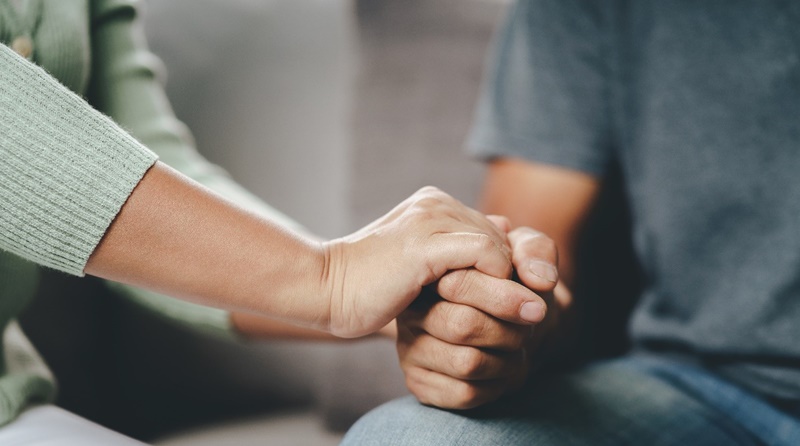The Role of Family And Support Networks in PTSD Treatment
Post-Traumatic Stress Disorder (PTSD) is a complex mental health condition triggered by experiencing or witnessing traumatic events. While therapy, medication, and self-help strategies play crucial roles in recovery, the importance of family and support networks should not be overlooked. A strong support system provides emotional stability, encourages treatment adherence, and creates a safe environment for healing from PTSD.
The Importance of a Support System
Dealing with PTSD often feels like navigating an emotional storm. For those affected, having a robust support network can be a lifeline. Friends, family, and close-knit communities offer the emotional comfort needed to counteract feelings of isolation, fear, or shame that are commonly associated with PTSD. A dependable support system reassures the individual that they are not alone, making the recovery journey less daunting.
Studies have shown that individuals with strong family and social ties respond better to treatment. Support networks help reinforce healthy behaviors, provide positive reinforcement, and reduce the stigma often associated with mental health disorders. Furthermore, a loving and understanding environment can foster open communication, making it easier for individuals with PTSD to share their struggles.
How Families Can Help in PTSD Recovery
- Educate Themselves: Family members should learn about PTSD to better understand the condition, its symptoms, and its triggers. This knowledge helps them empathize with their loved ones and avoid actions or comments that may unintentionally cause harm.
- Encourage Professional Help: Sometimes, stigma or fear prevents individuals with PTSD from seeking treatment. Families can play a pivotal role by encouraging therapy or counseling and reminding their loved ones that seeking help is a sign of strength, not weakness.
- Create a Safe Space: A calm and predictable home environment can significantly reduce anxiety. Being patient and non-judgmental allows individuals with PTSD to feel secure.
- Participate in Therapy: Many PTSD treatment programs include family therapy, which helps rebuild trust, improve communication, and strengthen relationships strained by the condition.
- Be Patient: Recovery is not linear, and setbacks are common. Offering unwavering support and celebrating small victories can make a significant difference.
Bangkok Mental Health Hospital For PTSD Treatment
For those seeking professional help, Bangkok Mental Health Hospital (BMHH) is one of the leading providers of mental health care in Thailand. BMHH offers comprehensive and personalized PTSD treatment plans and evaluations. With a team of experienced therapists and advanced facilities, the hospital also supports families in becoming active participants in their loved one’s recovery journey.
If you or someone you care about is battling PTSD, remember that help is available. With the right combination of therapy, medication, and a supportive network, recovery is possible. Reach out to Bangkok Mental Health Hospital to take the first step towards healing.



